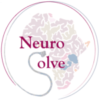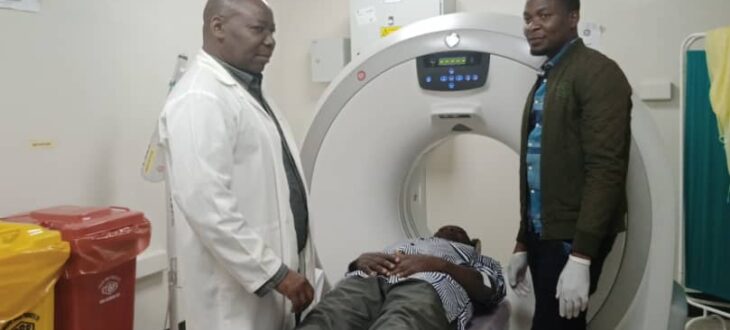Neurosolve is a consortium consisting of three African Institutions and two European
Institutions; a four-year project is funded by the European Commission and commences on May 1, 2023.
The project aims includes improving the health outcomes of NCC patients, providing a blueprint for
meaningful implementation research and demonstrate to policymakers how research can
strengthen healthcare systems.
The African Institutions are University of Dar es Salaam Mbeya College of Health
and Allied Sciences and Sokoine University of Agriculture (SUA), Morogoro Tanzania,
University of Zambia, Lusaka Zambia; Revolution Worldwide Srl – Impresa Sociale, Italy and
Universiteit Ghent, Ghent Belgium. The Consortium is funded by European Union through
HORIZON-JU-GH-EDCTP3-2022-01 (Research and Innovation actions supporting the Global
Health EDCTP3).
NeuroSolve is committed to fight Taeniasis/Neurocysticercosis (NCC) disease in Sub-Saharan
Africa. Neurocysticercosis (NCC) is a fatal zoonotic disease following ingestion of eggs of the
pork tapeworm, Taenia solium.
The eggs develop to larval forms (cysticerci) in various tissues, including those of the central
nervous system, leading to NCC, mainly characterized by epileptic seizures.
Although NCC management guidelines have been published by the World Health Organization
(WHO), it is indicated that their uptake in national policies is very limited.
We aim to demonstrate and promote a methodological approach for conducting health research
that will lead to improve adoption into policy, clinical practice and validate the approach by
investigating, evaluating, and implementing an antiparasitic combination treatment for NCC and
evaluating various serological test for diagnosis of Taeniasis and NCC.
The two health innovations could make a major positive contribution to neurocysticercosis
management in Sub Saharan Africa.
The project approach will include strengthening of clinical and research capacity through
training and mentoring of early career researchers, clinicians and frontline healthcare workers as
well as upgrading infrastructure for surveillance and control of NCC.
The project would develop and validate an implementation strategy that addresses identified
barriers for uptake using the robust implementation frameworks and enhance research results
uptake into national and international guidelines and health policy through engagement of
relevant policy makers throughout the project period and beyond,”

